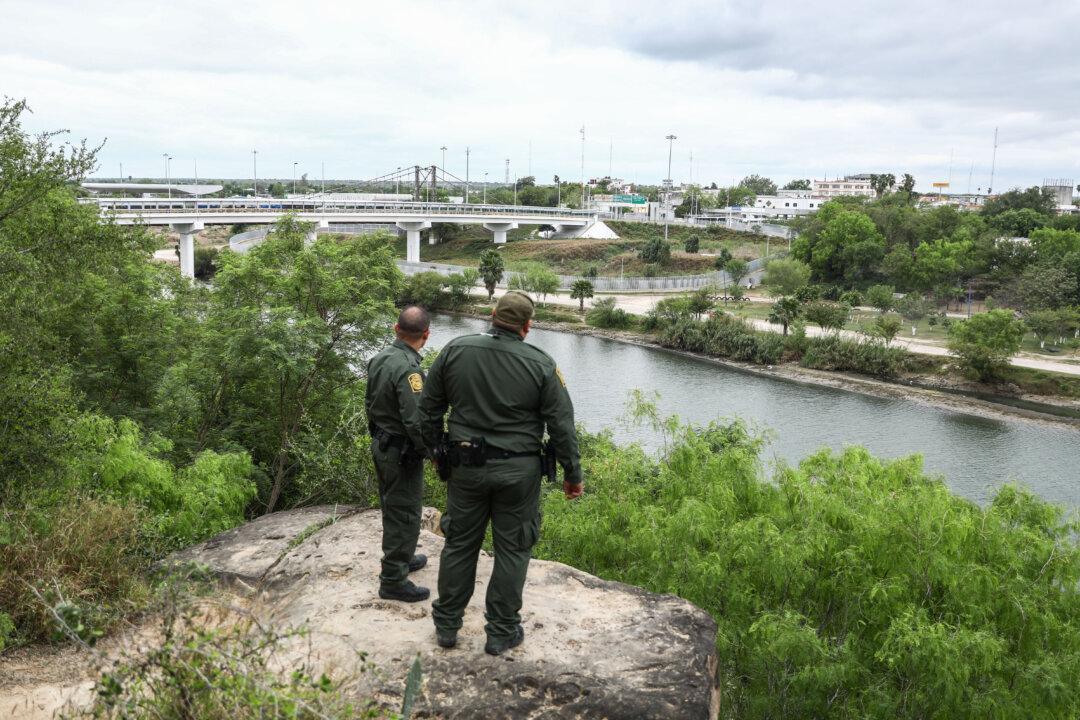ROMA, Texas—The Rio Grande Valley in southeast Texas has led the nation in illegal border crossings since 2013, and that shows no sign of abating. So far this fiscal year, Border Patrol has apprehended more than 120,000 illegal border-crossers in the sector.
But it’s the ones they don’t catch that no one is talking about, said Raul Ortiz, deputy chief Border Patrol agent for the Rio Grande Valley sector.





